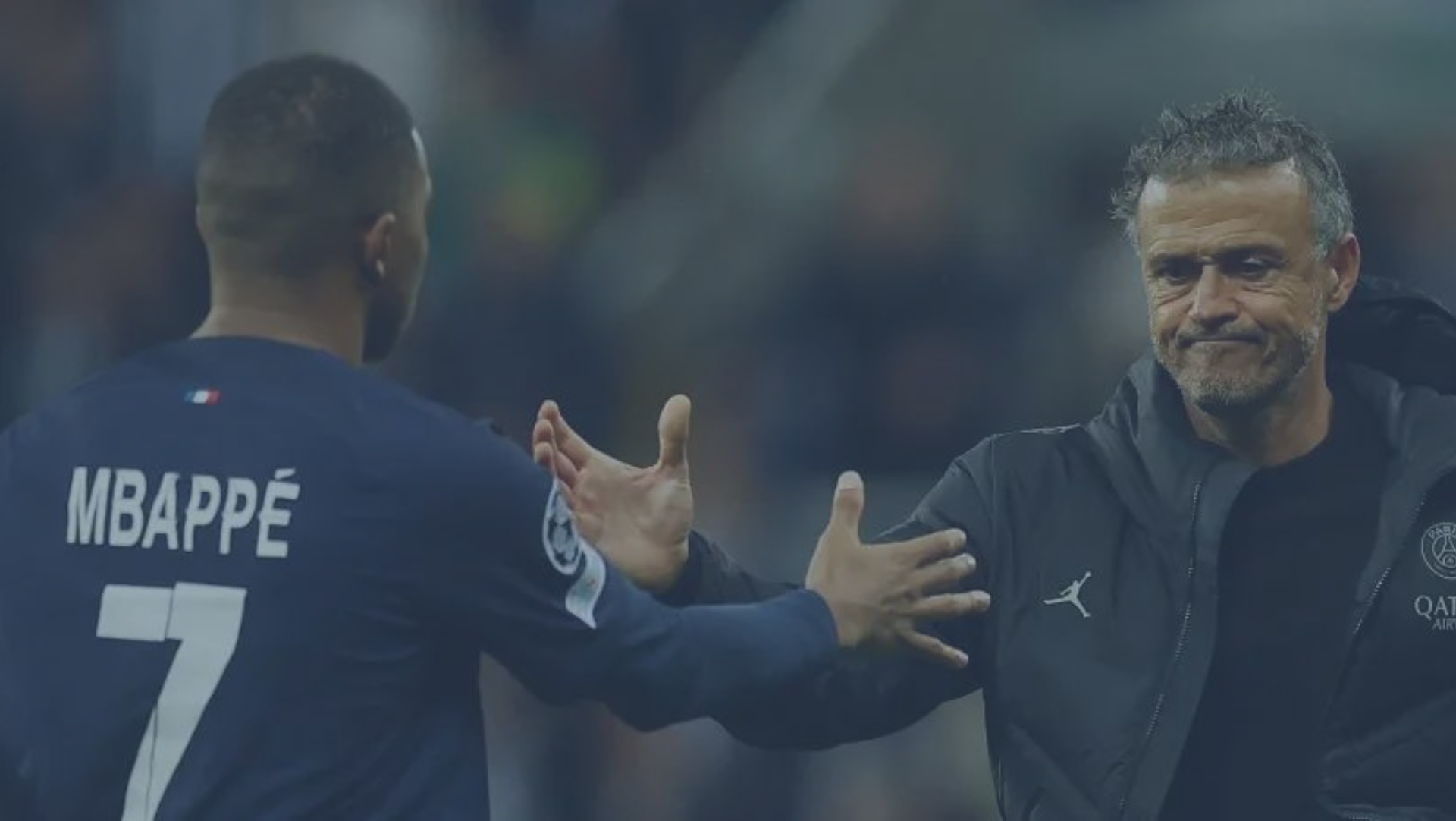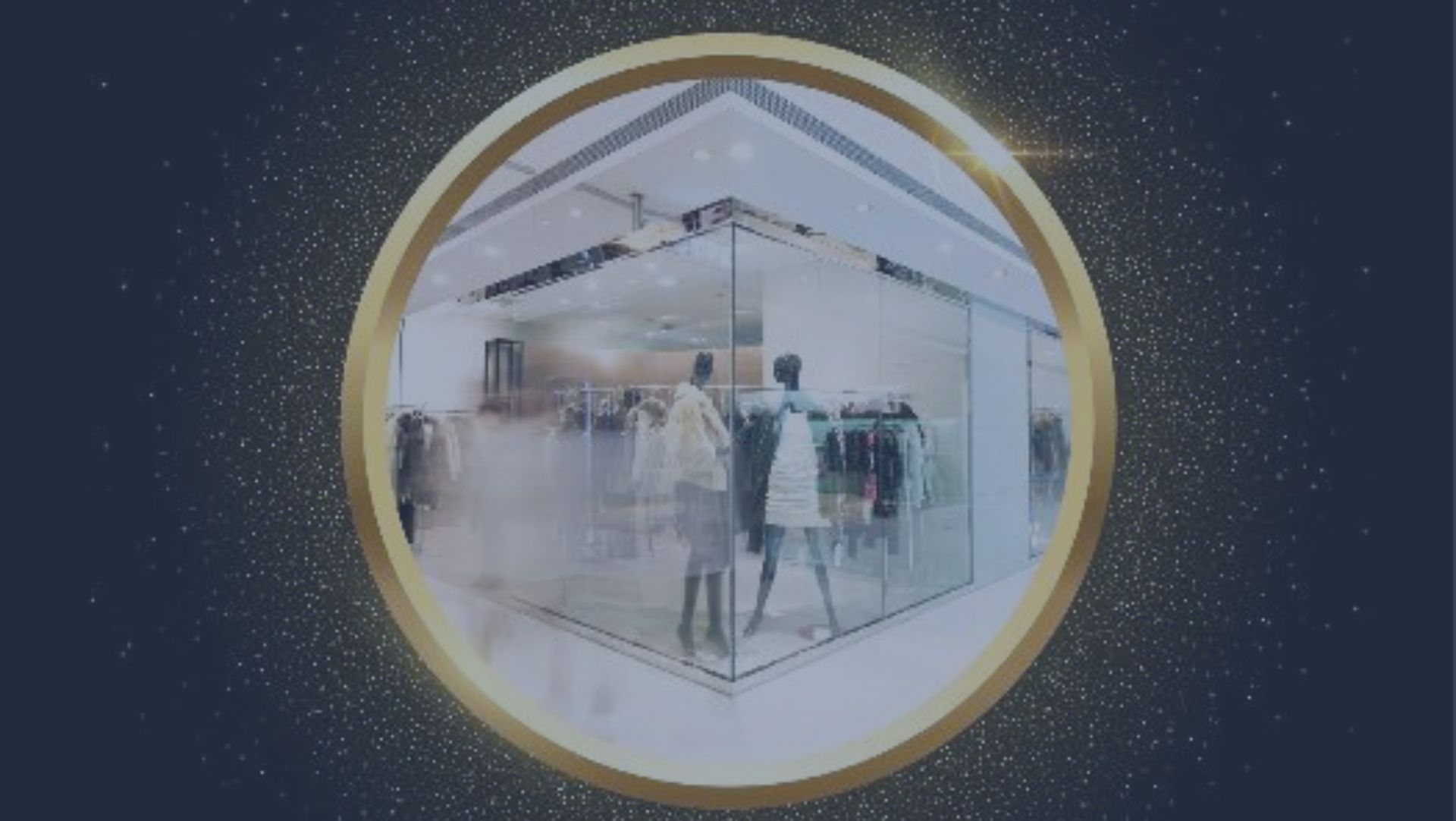
Feedback to the conversation between the PSG Coach Luis Enrique & Kilian MBappé
- One to One Coaching:
Kylian Mbappé is just one of 25 players on PSG’s roster, yet Coach Luis Enrique dedicates time to him individually. This demonstrates the importance of “one-on-one format”, where trust, commitment, and connection are sealed. Building a personal alliance between coach and player ensures that each individual feels valued and understood, which leads to stronger team dynamics and personal investment.
- Metaphorical Language:
In the conversation, Luis Enrique uses a powerful metaphor, comparing Mbappé to Michael Jordan: “I read you like Michael Jordan; he was also a reference in defense!” This is a clever use of metaphor and a technique known as “changing the observer”. It taps into the player’s interests and passions by connecting with a globally admired figure. For coaches, adapting communication to align with a player’s personal interests—be it sports, travel, or other hobbies—can foster deeper understanding and buy-in. Enrique’s ability to contextualize his message using such metaphors showcases his awareness of Mbappé’s psychology and drives home the importance of defensive contribution.
- Is This Really Coaching?:
While the conversation is mostly Enrique talking, we might ask: Can we call this coaching?” Conventional coaching rather involves open-ended questions designed to guide the coachee towards self-awareness and action. While this exchange lacks those types of questions, it’s clear that Luis Enrique has previously invested in getting to know Mbappé, building rapport, and likely asking those open-ended questions in earlier sessions. Here, his directive approach seems to serve a specific purpose—empowering the player to take ownership of his role. True coaching is about generating awareness and inspiring action, and Enrique’s approach in this instance seems to achieve that.
- The Use of Informal Language:
Enrique’s language becomes more casual and even vulgar at points: “grabbed by the b…” and “son of a b…”. While a coach should be careful with such language, its occasional use can transmit authenticity and passion. The use of informal language, particularly in Spanish culture, can be more acceptable, allowing a coach to connect emotionally. However, in most professional settings, this kind of language should be reserved for private moments and not used indiscriminately.
- Nonverbal Communication:
Coach Luis Enrique’s body language is as intense as his words. At 0:48, he hits his chest emphatically, demonstrating his conviction and passion. His gestures, tone, and expressions are completely aligned with his message, which is a hallmark of great leadership. This level of authenticity in communication strengthens the impact of his message. Compare this to situations where leaders’ words and body language are misaligned, resulting in weak or even insincere messaging. Every second of this 94-second conversation seems important, enhancing the effectiveness of the communication.
- Balancing Performance with Team Contribution:
Enrique’s words, “You have to be that example!” and “You can help us…” emphasize not just individual performance but also team contribution. Effective coaching is not solely about Key performance indicators (KPIs) KPI’s, % of good passes, % of goals… Avg Ticket, UPT. It’s about understanding that individual success is intertwined with team success. By framing Mbappé’s defensive duties in the context of helping the team, Enrique reinforces the concept of collective responsibility, something essential for long-term success.
- Recognition of Excellence:
Even though Mbappé is widely regarded as one of the top players in the world, Enrique acknowledges it: “You are a phenomenon, a worldwide top player.” It’s essential for a coach to recognize excellence, even when it seems obvious. This builds trust and gives the player a sense of validation. The challenge, however, is coaching elite players (in football, sales or any discipline) to continue growing—how do you accompany someone who is already at the top of their game?
- Empathy and Understanding:
At 1:09, Enrique demonstrates empathy, saying, “Your two remaining months with us, I want you to leave by the big door!” He acknowledges that Mbappé is nearing the end of his time with PSG, a critical moment in the player’s career, and the exit is also a period that required preparation and coaching in the “Employee Experience”. Instead of detaching, the coach uses this as a moment of motivation, ensuring Mbappé remains fully engaged. This type of coaching shows Enrique’s emotional intelligence and understanding of how significant transitions in a player’s career can impact their performance and legacy.
- Empowering the Player:
When Enrique says, “But you have to earn it,” he’s empowering Mbappé, making it clear that while the coach can guide and inspire, the player must take ownership of his destiny. This aligns with a core coaching principle: “the coachee/player must take action to achieve success”. Coaches can provide the tools and motivation, but the ultimate responsibility lies with the player.
- Using Nicknames to Build Connection:
At 1:11, Enrique calls Mbappé “Kiki,” using a nickname to reinforce their personal connection. This seemingly small detail contributes to creating an environment of mutual respect and trust. Personalizing communication through such terms of endearment can increase rapport and loyalty.
- Closing with Commitment:
The final moments of this session involve a closed question: “Yes?” followed by Mbappé’s affirmative response: “yes!”. This clear call for commitment ensures that the conversation translates into action. A common pitfall in coaching is failing to close a session with a clear commitment from the player. By securing a verbal “Yes,” Enrique solidifies the agreement and ensures Mbappé is fully on board.
- The Path towards Greatness:
Interestingly, we see a contrast between the player and the coach when it comes to commitment for development. Mbappé, a native French speaker, has mastered both Spanish and English, preparing himself for a global career. In contrast, despite two years at PSG, Luis Enrique has not learned French. This highlights an important lesson: Investing in diverse skills—such as language, leadership, or public speaking—can be the differentiator between being a “great professional” and becoming a legend. True greatness, in any field, requires continual growth and a broadening of competencies.
Coach Luis Enrique’s session with Kylian Mbappé reflects multiple styles of leadership and coaching. While not every element aligns with traditional coaching frameworks, Enrique effectively adapts his approach to motivate a world-class player like Mbappé. From using metaphors to connecting with passion, empathy, and recognition, Enrique demonstrates a well-rounded coaching toolkit that goes beyond tactics to inspire lasting commitment and team contribution. And keep a very specific approach “Tomorrow we talk of attack!”
« Credit : Movistar+ »
Benoit Mahé | Coach MCC | CEO CapKelenn
CapKelenn in sales & retail
CapKelenn is the primary certification in Retail Coaching worldwide, certifying managers in Retail to really become coaches for their sales teams, facilitating the transition towards a supreme clienteling savoir-faire. CapKelenn delivers the certification in 12 languages on all the 5 continents. CapKelenn accelerates change, thanks to people, with results that are fast, visible and sustainable, contributing to fertilize a client experience that is memorable and personalized.
info@capkelenn.com



